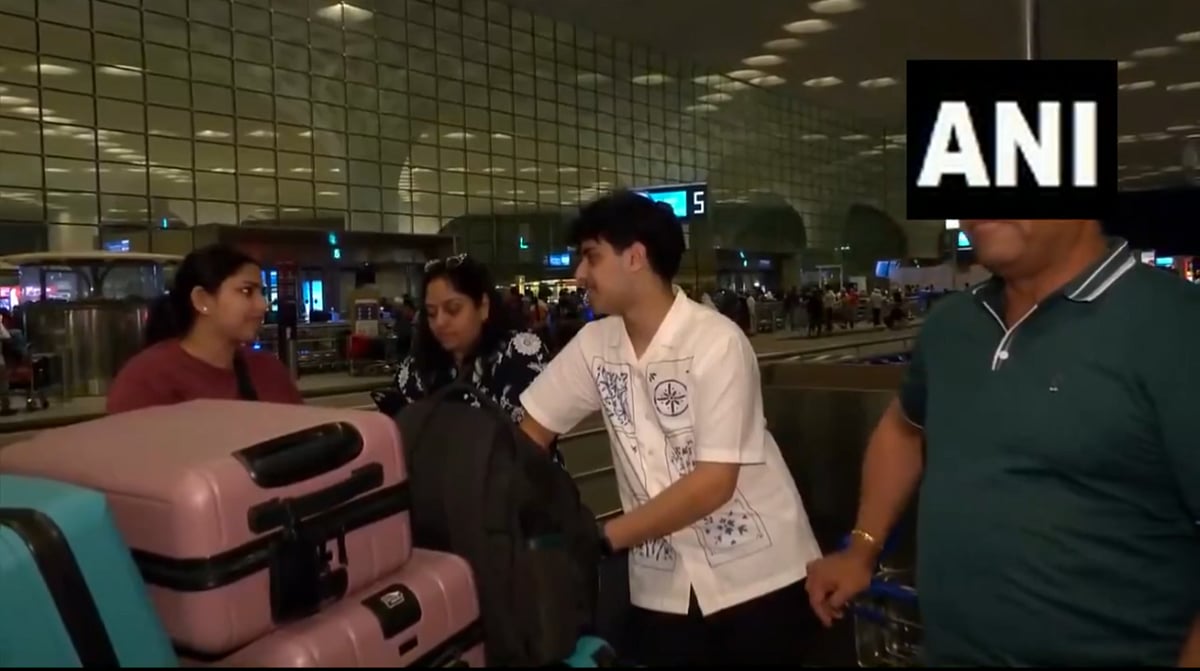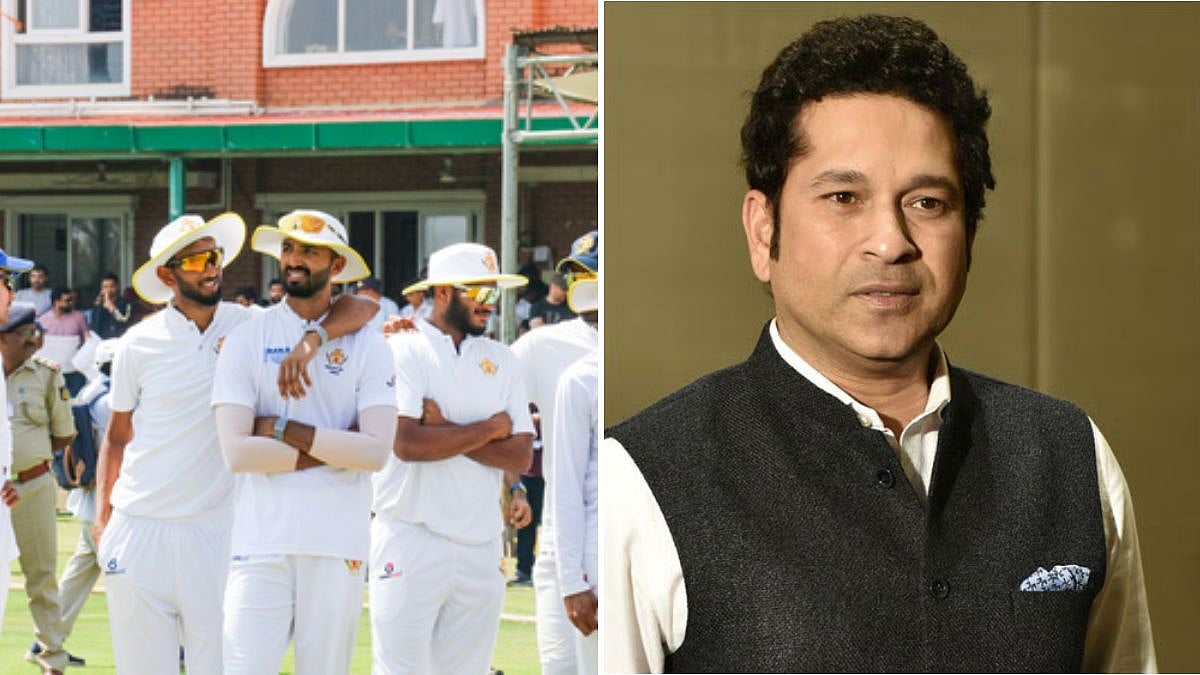Airlines are responsible for reporting cases of drunken behaviour or unruly passengers to the regulator, the Director General of Civil Aviation (DGCA), which can act only on receiving such reports. Hence, the advisory issued to all airlines to act as per the rules have the effect of statutory law and are binding on all airlines which operate flights to and from India.
This has come to the fore after the DGCA rebuked airlines for not complying with the advisories issued by the regulator. These advisories classify unruly behaviour into three categories which are: level 1 for verbal abuse, level 2 for physical abuse which would include fisticuffs and level 3 which would include life-threatening behaviour including display of a weapon.
It would be nearly impossible for any passenger to display a weapon on an airplane because of the strict security scans prior to boarding a flight. The only weapons which could be displayed are pens or cutlery which are distributed during meals. It follows that if a passenger displays a weapon on a plane, the security have been grossly negligent in discharging their duties.
But levels 1 and 2 are covered by sections 349, 350 and 351 of the IPC because use of force, criminal force and assault is covered by these three sections respectively. Section 504 of the IPC needs to be amended for the simple reason that sections 503 and 504 are not adequately worded to cover abuse of an air hostess or purser.
Flight crew of private airlines are not covered under the definition of a “public servant” as laid down under section 21 of the IPC which covers Government employees or judges. Nor do Air India employees fall under this definition because after 69 years as a Government-owned corporation, Air India and Air India Express were welcomed back into the Tata group in January 2022.
This by itself may explain the laxity of this corporate body in handling the situation of the traumatised woman. According to media reports, the DGCA served more than 20 show-cause notices to Air India, its cabin crew and pilots this week for the airline’s “unprofessional conduct”, ie its failure to respond to the traumatised woman when the drunken passenger urinated on her in the New York to Delhi flight.
So, we come to the advisories dealing with level 1 and level 2 which are covered by the Indian Penal Code, (IPC) 1860. This law was enacted 43 years before the Wright brothers made their first flight in 1903. Hence, the IPC has to be amended to ensure that offences on board aircraft are punished by the courts summarily and swiftly. This is possible in view of the fact that the crew are themselves witnesses and complainants against unruly passengers.
Consequently, when there is no doubt in the mind of the court that the accused has committed the offence, long-winded arguments can be cut short and the offender sentenced summarily. Shankar Mishra, who urinated on the seat of a 72-year-old woman after consuming one too many, is a case in point. There were witnesses to this unsavoury episode and they can be summoned by the court to depose against Mr Mishra, resulting in a conviction.
Mr Mishra’s company Wells Fargo sacked him saying the allegations were “deeply disturbing.” And well they might, because urinating on a 72-year-old woman after drinking beyond one’s capacity is a gross offence which attracts section 354 of the IPC.
When we compare this with section 292 which deals with obscenity, the punishment is the same — two years in jail with or without fine. However, urinating on a woman is a grossly abusive act which can attract other sections of the IPC such as 319 (causing hurt because by urinating on an elderly woman, Mishra has injured her) and 323 which imposes jail sentence for one year for causing injury.
The hiatus between how we treat drunken passengers on our flights and drunken passengers of other countries becomes obvious with the case of Ramrao Adik, the late Deputy Chief Minister of Maharashtra, who resigned in 1984 after he misbehaved with an air hostess en route to Hanover in Germany. Although he reportedly had one tooth missing due to the fracas he got into, his supporters took out a huge morcha comparing him to Mahatma Gandhi and Veer Savarkar, both of whom were teetotallers.
An American passenger on board a flight got dead drunk and asked an air hostess if she wanted to see his penis. She declined this invitation but this American passenger faces a 20-year jail sentence for misbehaving on a flight. Compare this with Mishra’s probable maximum jail sentence of three years with or without a fine, and the fact that such misbehaviour on board a plane is viewed very seriously in Europe emerges.
Airports like Amsterdam have beer bars even after you clear the security check and wait for your flight at the gate. If you feel you are within your limit, there is no problem but if you have crossed your threshold, the law permits the airline staff to stop you from boarding your flight because of innumerable incidents of drunken passengers vomiting inside the plane and making a nuisance of themselves.
Article 4 of the Montreal Protocol of 2014 to the Tokyo Convention of 1963 gives the state where the aircraft lands jurisdiction over the offender, where the offence has been committed after embarkation and closing of aircraft doors. It follows that India can take the lead by enacting a statutory law to regulate passenger behaviour on board planes which land and take off from Indian airports — irrespective of whether these airlines are registered within the country or not.
And the sooner this is done, the better for those who fly.
Olav Albuquerque holds a PhD in law and is a senior journalist and advocate at the Bombay High Court




